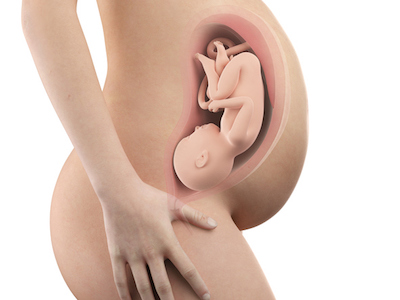Pregnancy, Human Development and Heredity
May 06, 2023
This paper discusses the human development of a fetus during pregnancy, from conception to birth. It will explore how heredity plays an important role in the growth and development of a baby, from genetic makeup to physical features. Additionally, it will look at the various stages of prenatal development, including fetal movement and organ formation, as well as what happens in each trimester. The paper concludes with a discussion on modern medical technology and its role in helping ensure healthy births for mothers and their babies.
Pregnancy is one of the most amazing experiences that any woman can have in her lifetime; it is full of complex biological changes and developments that happen within nine months. Heredity plays a major role throughout the entire process; parents pass down their genes which determine the physical characteristics of their baby, including eye color and hair texture. Additionally, genetic disorders can be inherited from either parent and can affect the health of a fetus during pregnancy.

During each trimester of pregnancy, there are important developments that take place for both mother and baby. In the first trimester, which typically lasts 12 weeks, an embryo forms and quickly begins to form its organs. The second trimester lasts from week 13 to week 28 and is marked by fetal movement in the womb. It is also during this time that brain development accelerates as well as the formation of bones, muscles and other body systems. During the third trimester, which lasts from week 29 to birth, a baby's lungs mature so it can breathe on its own after delivery.
Modern medical technology has made it possible for mothers to have healthier pregnancies and deliveries. Mothers can be monitored more closely than ever before, allowing doctors to detect potential problems early and take steps to address any issues that may arise. Ultrasound imaging can provide pictures of the fetus in utero, while other technologies like fetal heart rate monitors measure a baby's heartbeat and indicate if there is any cause for concern. Additionally, amniocentesis can be used to test for chromosomal abnormalities or genetic disorders, helping parents make informed decisions about their baby's health.
